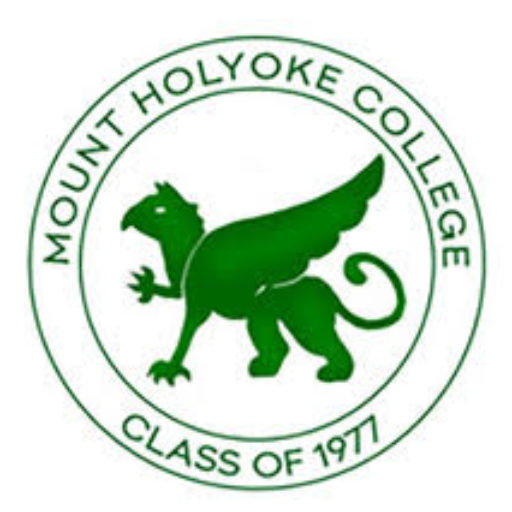Here is an update from Nan Haley Redmond. It was too long for the Quarterly so we want to share it here.
One of the things I’ve missed most during the pandemic is the volunteer work I did previously with refugee families in the neighboring town of Bridgeport, CT. I was one of many who worked with the Connecticut Institute for Refugees and Immigrants (CIRI) to help resettle families coming into our country.
CIRI was founded in 1918, when the US was experiencing the largest immigration wave in its history. Between 1880 and the 1920s, 23.5 million newcomers arrived. Most came from Southern and Eastern Europe, but also from China, Japan, Canada, and Mexico. At the same time, America was fighting both World War I and the 1918 flu pandemic. Response to the immigrants, few of whom spoke English, was not always welcoming. Yet over time, the groups grew to become invaluable members and contributors to their new country.
The current number of immigrants and refugees gaining admission to the US is tiny in comparison. But they are just as committed to achieving success in their new home–a dream for which many have waited many years.
But, resettling here as a refugee is not easy! The family I worked with most closely came from a camp in Rwanda, where they lived for almost two decades. The parents and older children originally fled there from dangerous civil unrest in The Congo, and over the years several more children arrived. By the time “their number came up” to be relocated to Connecticut in the late fall of 2017, they were a family of 8, with six children, aged 18 down to 18 months.
It’s hard to imagine a more bewildering change. From a camp community in the middle of Africa, they suddenly found themselves in the middle of the intensely urban – and very chilly! – surroundings of Bridgeport in November. They came with basically the clothes on their backs, to a place where almost no one spoke their language, and where they now had to figure out how to manage every aspect of life for their family.
Of course, they needed help (wouldn’t anyone?) and that is CIRI’s role—assisting immigrants to start the journey of becoming independent Americans. The agency provides places to live, basic furnishings and clothing, and a network of resources families can access for help. Then volunteers lend support for a plethora of needs—from teaching English, to helping with job searches, registering kids for school, opening checking accounts, going on grocery runs, filling out social service applications, or translating at doctor appointments. It runs the gamut.
Despite many challenges and occasional discouragements, my client family soldiered ahead with determination and amazing resilience and love for each other. Along with their other mentors, I became a close friend and felt privileged for that. Over time, they triumphed: English was learned (most crucial!), transportation was identified, jobs were secured, school routines were mastered, and, most happily, good friends were made.
Today, “my family” has relocated to Tennessee, where a cousin was able to get them good housing and jobs. We keep in touch and I try to continue helping as I can, sending occasional clothes or gifts and, at the beginning of the pandemic, a few second-hand laptops so the school age kids could distance learn. I visited once about two years ago and really look forward to doing so again as soon as it’s safe. They are a wonderful family and inspiring friends. We learn a lot from each other. ###

